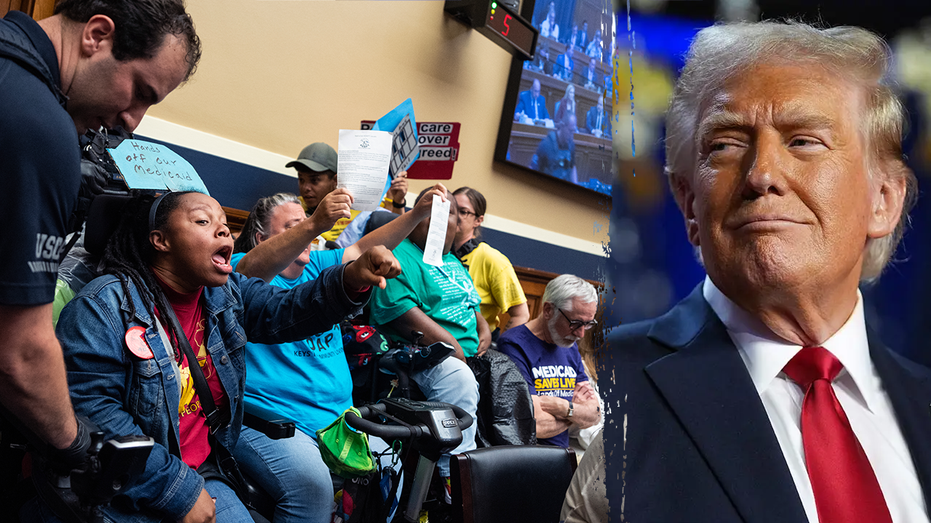Medicaid Reform Sparks Party Divide in 'Big, Beautiful Bill' Amid Legislative Disagreements
Partisan clash erupts over Trump's "big, beautiful" Medicaid reform bill, with Republicans praising it as necessary and Democrats condemning it as a social services cut.

President Donald Trump's proposed Medicaid reform, part of the so-called "One Big Beautiful Bill Act," has sharply divided lawmakers along party lines, igniting fierce debate over the future of the country's health safety net. As the legislation makes its way through Congress, members from both parties are touting starkly different narratives regarding its projected impact.
Republicans have largely rallied behind the Medicaid reforms, arguing that they target abuse, duplication, and ineligibility within the program—focusing especially on cutting benefits for those who are undocumented, not legally entitled, or able-bodied but not working. “The people who would not continue to get Medicaid benefits under this bill were not qualified to get them in the first place,” maintained Senator John Kennedy, R-La., underscoring his caucus’s perspective that the changes restore fiscal discipline and integrity to the welfare system.
Senator Tommy Tuberville, R-Ala., echoed these sentiments, calling Democratic critiques “B.S.” and claiming the reforms simply remove individuals, such as undocumented immigrants, who Republicans argue should never have been eligible for Medicaid. The GOP frames the legislation’s pathway—passed through budget reconciliation—as an efficient mechanism to root out waste and uphold taxpayer interests.
However, Democrats have sounded the alarm over the bill’s effects, warning of severe consequences for millions of Americans who rely on Medicaid coverage. Referencing the Congressional Budget Office’s projections, which estimate that 10.9 million people could lose health insurance under the plan—including approximately 1.4 million undocumented immigrants enrolled in state-funded programs—lawmakers on the left have denounced the reforms as both punitive and shortsighted.
Senator Richard Blumenthal, D-Conn., criticized the proposed work requirements and eligibility checks, arguing they would force “millions of people [to] go without healthcare” and similarly restrict access to food assistance through programs like SNAP. He expressed concern that the cuts were being used primarily to offset large tax cuts for the wealthy, describing the measures as “cruel and unproductive.”
Senator Andy Kim, D-N.J., emphasized the importance of government efficiency but insisted that the most vulnerable Americans would be hit hardest by the proposed changes. “People are struggling, and I feel like, in the richest, most powerful country in the world, we should be able to make sure people can have the basic needs they need to survive,” Kim said, pointing to both Medicaid and SNAP as essential components of the nation’s social safety net.
Senator Jeff Merkley, D-Ore., was even more blunt in his opposition, declaring, “There is nothing beautiful about this bill.” Merkley argued that the legislation would not only undermine critical programs for ordinary families but also add “massive amounts to our debt,” compromising investments in health care, housing, education, and job creation.
The Congressional Budget Office also projected that the bill would result in $3.7 trillion in tax cuts while adding $2.4 trillion to federal deficits over a decade. With the national debt already exceeding $36 trillion as of early June, fiscal hawks within both parties are weighing the long-term implications for the country’s economic stability.
As Congress continues to grapple with the bill, the debate over Medicaid reform has become a flashpoint in broader discussions about the direction of federal entitlement programs, the scope of social welfare, and the priorities of American fiscal policy. Whether the "One Big Beautiful Bill Act" heralds much-needed reform or threatens vital protections remains a central question as lawmakers move toward a final vote.




